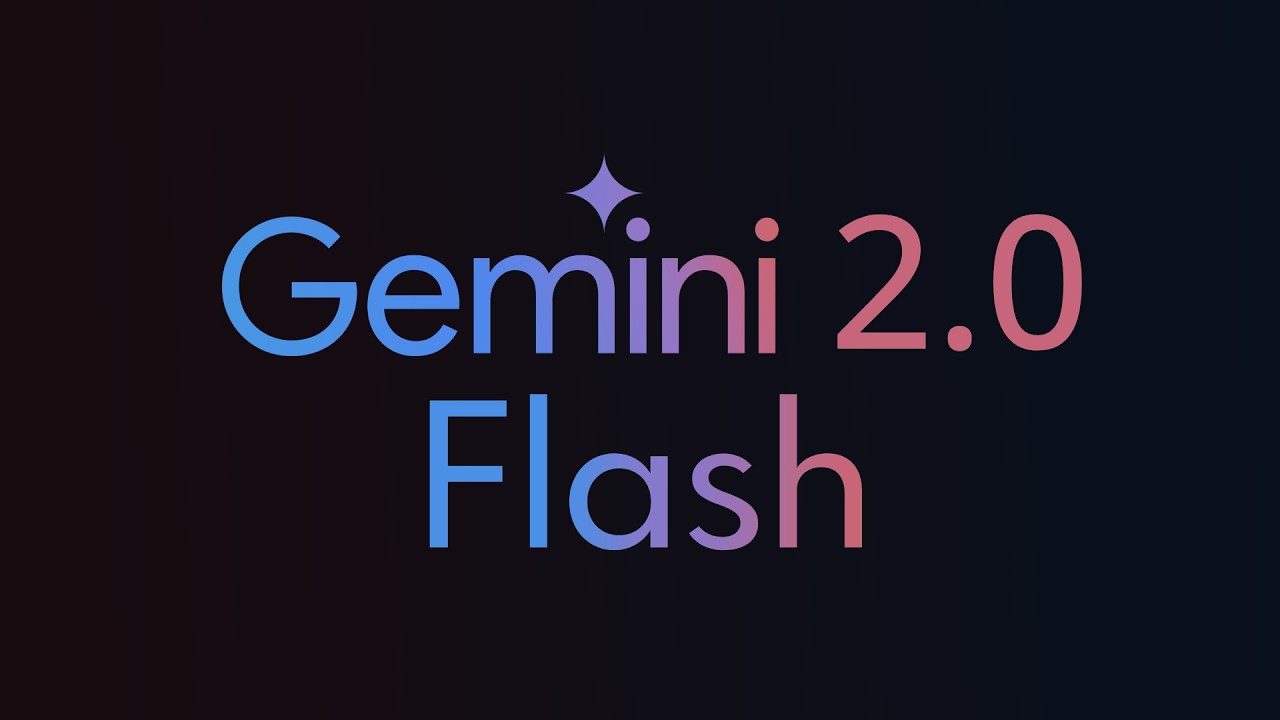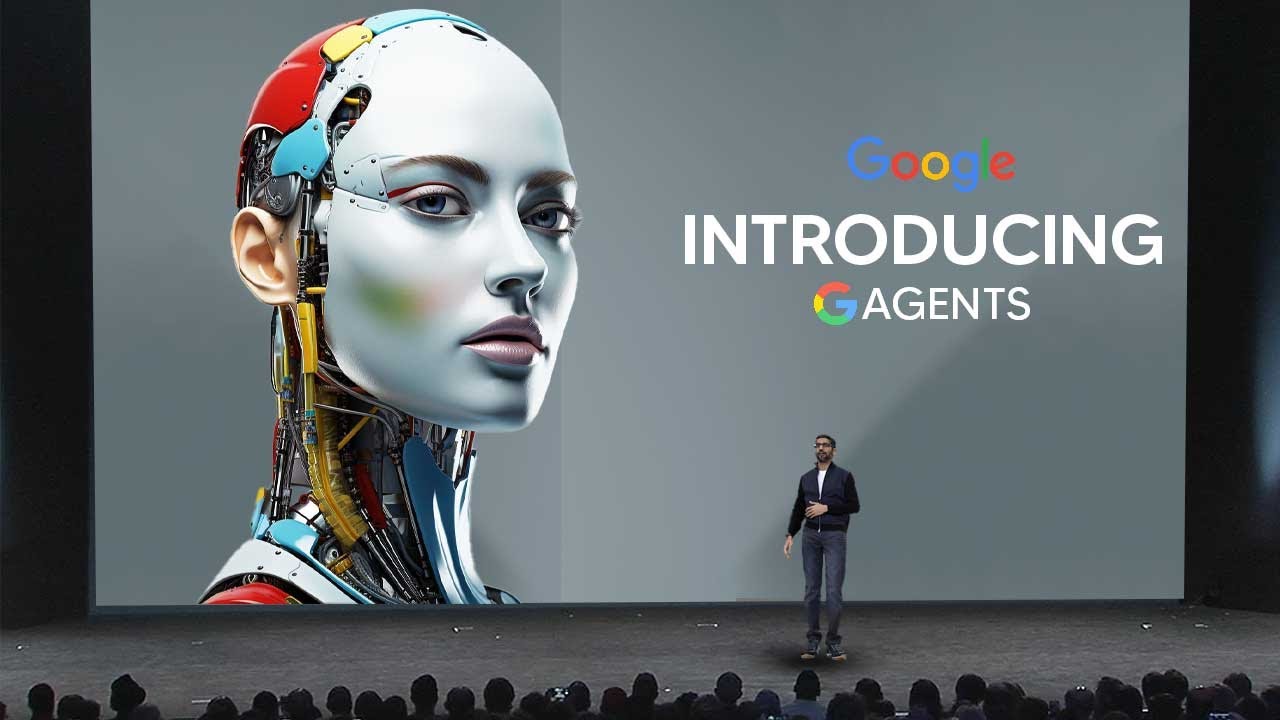Google Claims Its Quantum Chip May Tap Into Parallel Universes
Google has made a striking assertion about its latest quantum computing breakthrough: its new chip, Willow, might be leveraging parallel universes to achieve its remarkable results.
Recently unveiled by Google, Willow is a 100-qubit quantum chip that the company claims outperforms even the fastest supercomputers on specific benchmarks. According to Hartmut Neven, founder of Google Quantum AI, Willow completed a computation in under five minutes that would take the world’s most powerful classical supercomputer an astonishing 10²⁵ years—or septillion years—to complete.
“This number surpasses known timescales in physics and even the age of the universe,” Neven explained in a blog post, adding that this aligns with physicist David Deutsch’s multiverse theory, which posits that quantum computations occur across multiple parallel universes simultaneously.
A Breakthrough Met with Skepticism
Google’s claim, while groundbreaking, has faced criticism. The specific task performed by Willow was generating a random distribution—a problem with no direct practical application. German physicist and science communicator Sabine Hossenfelder noted that such problems are chosen because they are computationally complex for classical systems but serve primarily as benchmarks for quantum performance.
“This allows them to make dramatic statements like ‘this would take septillion years on a classical computer,'” she commented.
Willow builds on Google’s earlier achievement in 2019 when it claimed to have achieved “quantum supremacy” with a 50-qubit chip. At the time, quantum supremacy was defined as the ability of a quantum computer to solve a problem that classical computers cannot, regardless of whether the problem is useful.
However, IBM countered Google’s 2019 claim, arguing that the same problem could be solved on a classical computer in just 2.5 days with optimized algorithms. Critics suggest that similar skepticism may apply to Google’s latest announcement.
How Quantum Computing Works
Quantum computers like Willow rely on qubits, which can exist in multiple states simultaneously thanks to quantum entanglement. This allows them to process information in ways that classical computers, which rely on binary states (0s and 1s), cannot.
Despite the impressive feat, experts caution that practical applications are still far off. According to estimates, a quantum computer would need around 1 million qubits to tackle real-world problems—orders of magnitude beyond Willow’s current 100 qubits.
Multiverse vs. Copenhagen: Theoretical Implications
The debate over the nature of quantum computations adds another layer of intrigue. Google’s reference to Deutsch’s multiverse hypothesis implies that quantum computers exploit parallel universes to perform calculations. However, the Copenhagen interpretation, an alternative theory, suggests that quantum particles exist in all possible states until measured, without invoking parallel universes.
What’s Next for Willow?
While Google’s claims remain contentious, the company is optimistic about the future of quantum computing. Neven described Willow as a promising prototype for scalable quantum systems, emphasizing its potential to lead to practical, large-scale applications in the future.
“This is the most convincing prototype for a scalable logical qubit built to date,” Neven stated. “It’s a strong sign that useful, very large quantum computers can indeed be built.”
Whether Google’s bold assertions hold up under scrutiny or are eventually debunked, one thing is certain: quantum computing continues to push the boundaries of technology and our understanding of the universe.






